This is the fourth installment of our Star Wars Week review series. Check out our reviews of The Phantom Menace, Attack of the Clones and Revenge of the Sith!
When I opened up WordPress to write this review, I found myself stuck for content. A New Hope is gonna be forty years old in seventeen months (wow); what is there left to write about? People have written pieces discussing how it gave them a newfound sense of spirit, how it healed their broken family and why it’s the most important piece of culture from the 20th Century. Well, I don’t actually know any of those things have been written about, but I wouldn’t be surprised.
Anyway, the point is that this movie has been done to death. What more is there that I, a lowly internet blogger, could add? Not much, so as well as the common discussion of the movie in the words of yours truly, I’ve decided to tackle a common criticism of it: that it lacks substance. It’s too simple! The characters are too clean! It needs to be darker and edgier – like Empire!
These complaints have been around since 1977, and they’ll probably be around a great deal longer. However, to simply state that it lacks any substance for its stark lines of good and evil and the common messages which the film communicates is to fundamentally misunderstand both the movie and what giving a narrative substance actually means.
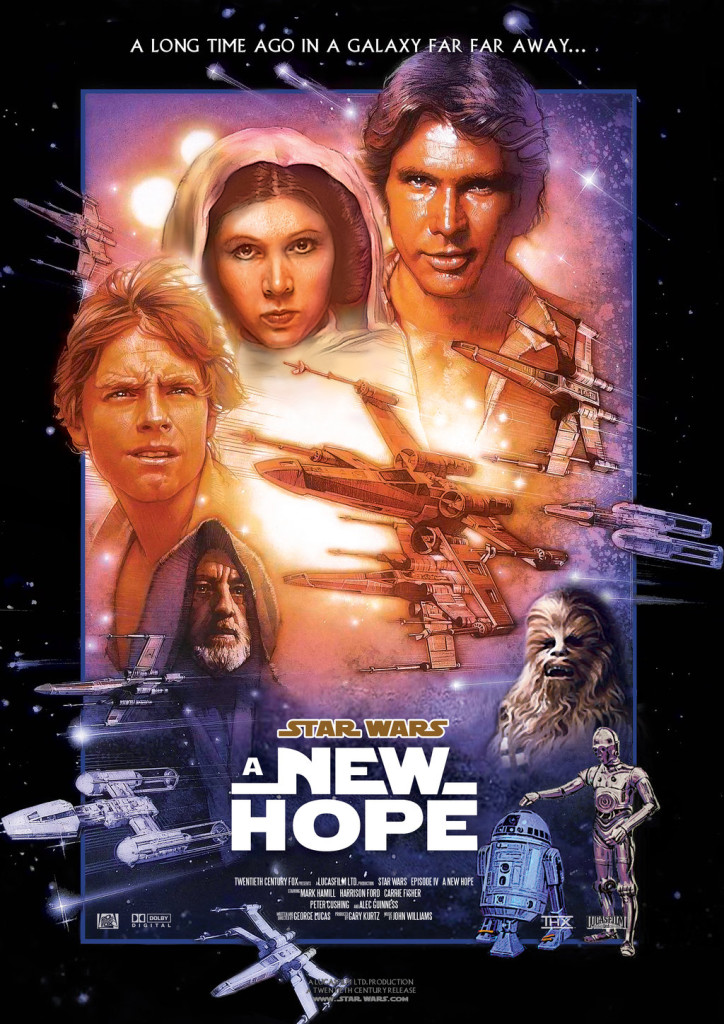
Even today, A New Hope is enchanting, and nobody can really explain why. We can deliver a comprehensive analysis of all the things it gets right, but by treating this movie as something scientific to be evaluated would be pointless. It’s one of those rare artistic occurences which is pure lightning-in-a-bottle. It throws us right into the midst of a ginormous and expansive story that grows and grows; the action is exciting, the characters are funny, the designs are interesting and there’s this constant charm which carries the entire movie and makes us fall in love with it. For a film with such a troubled production (the stories are well-told and you can find them from a simple Google search) it’s nothing short of a miracle that this turned out pretty damn perfect.
There are very few legitimate criticisms I can give it, but one is that it takes a little too long to get started – just over fifteen minutes go by before we even meet Luke, and prior to that our time is spent with two kooky droids. It doesn’t detract from the movie that much, but it might be a little smoother if C-3PO and R2-D2 simply crash near Luke’s home and find their way there, rather than going through the whole Jawa subplot. Then again, I’ve already said it’s a close-to-perfect movie, and I’ve also said I’m just a lowly internet blogger. Who am I to critique it in such a way?
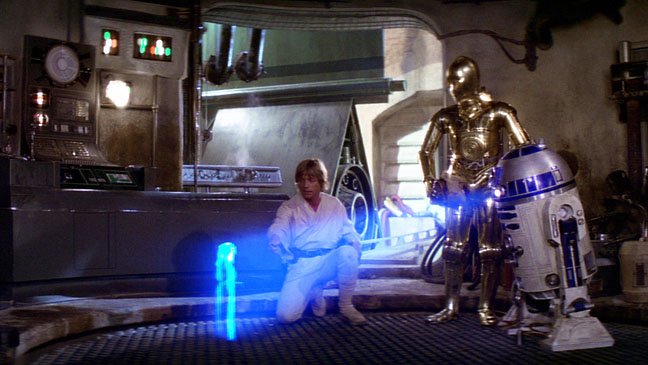
Once they do end up in the hands of Luke, however, the script hits the ground running and doesn’t let up until the credits. This is kinda weird when you look at the timings and see that it spends roughly half an hour on Luke’s home life, which you’d think would massively slow it down. However, thanks to John Williams’ enchanting score and the fun and interesting characters that we meet the pace is pretty strong. Things really get going once the whole gang leaves Mos Eisley, though. It’s simply relentless; everything from the Death Star sequence is more memorable than pretty much the entirety of The Phantom Menace because while we know that the characters are on a mission to save Princess Leia, Lucas makes sure that the characters are constantly sparring off on one another and working together, which of course leads to fun scenes like Han talking to a Stormtrooper through the intercom and C-3PO cursing himself when he thinks he’s just gotten everyone killed. Unlike plenty of modern movies, including blockbusters, it isn’t just joke after joke to give the audience a chuckle; all of the humour in this movie (as well as the rest of the Original Trilogy) derives from realistic character interactions. After all, any good storyteller knows that real people don’t just plainly and deliver facts to move the plot along – they’re witty and have banter with one another, which Star Wars understands profusely.
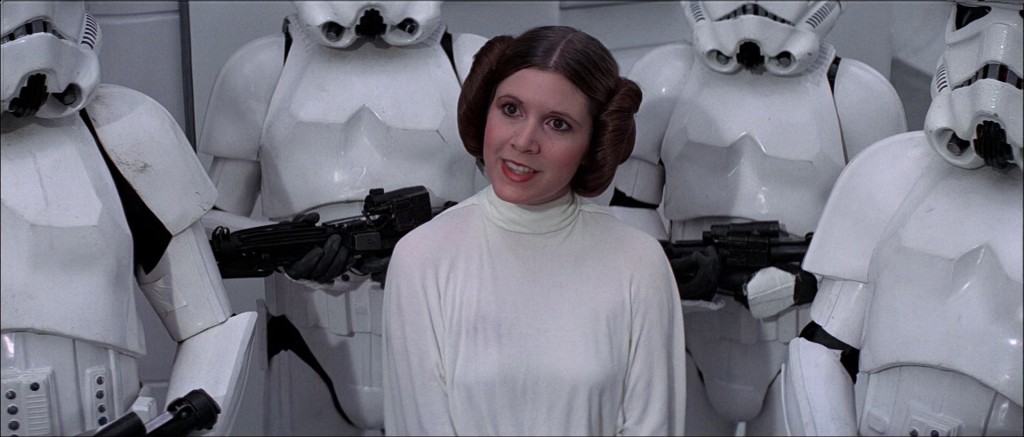
Something I noticed during my rewatch of the film is that, while Lucas is most certainly making a love letter to his childhood, he’s also attempting to subvert some of those old tropes, chiefly in Princess Leia. She isn’t your traditional princess-in-waiting, and she isn’t a brick like Padme – she gets shit done. She can fire a blaster better than any of those Stormtroopers, repeatedly mouths off Grand Moff Tarkin (one of the scariest and most powerful fuckers on the Death Star), and when Luke and Han are doing a shitty job she isn’t afraid to call them out and take over. Pfft. Star Wars had the strong-female-character-thing going back in the 1970’s.
And now onto the good stuff!
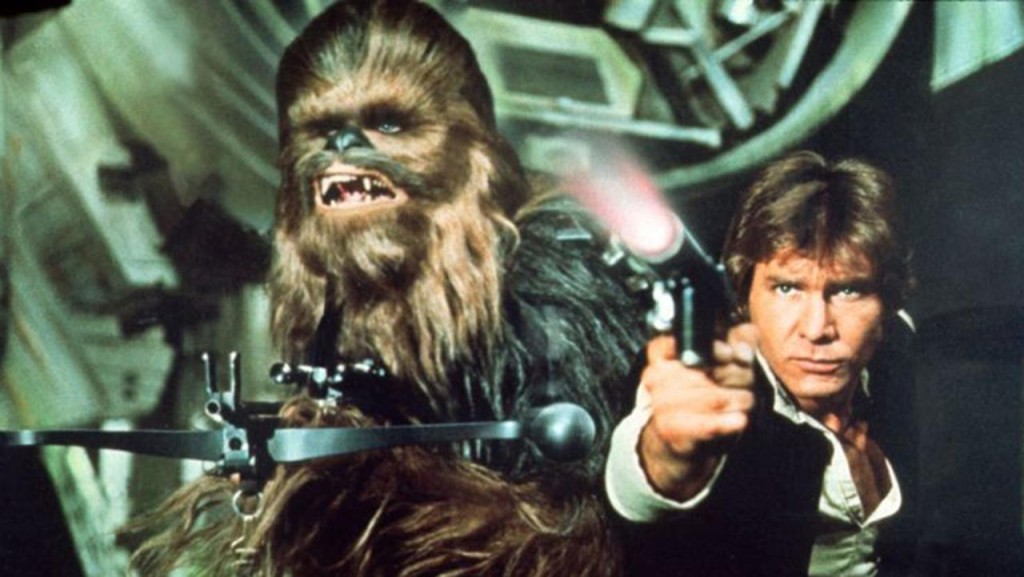
One of the biggest compliments I can give A New Hope is that it’s simple. Everything about it is pretty straightforward; motivations, plot, tone – all of it. At the same time, people have often thrown that as an insult (it is a double-edged sword), but the simplicity which George Lucas employs in it is remarkably refreshing. It invigorates it with a strong charm that makes up for the lack of depth in its antagonists – normally with movies that’s one of the first things I’m looking out for, and for a few years it did certainly bother me. Darth Vader and Grand Moff Tarkin are pretty one-dimensional in the movie. Vader can get away with it because we don’t know that he’s not a robot yet, but Tarkin is very much a classic, moustache-twirling supervillain. This of course stems from Lucas’ love of Flash Gordon and other early morning serials he watched growing up, where this was the norm. It was far from the norm in the 1970’s (even further than today), a decade which saw cinema dominated with complex and morally grey narratives and characters.
Due to that time period, the fact that Star Wars was as big a hit as it was is even more of a miracle. If it was released today then there’s no doubt it would be under heavy scrutiny for its simplicity – and I would probably be one of the people doing it. It’s because we’ve adapted to a cinematic culture that probably focuses a little too much on the villains and antiheroes; this isn’t necessarily bad, but it makes it a lot harder for clean-cut heroes such as Luke Skywalker to find footing. So how did it happen back in the freakin’ 70’s?
It’s because we’re wrong when we say it doesn’t have any meat to it. Actually, it has a hell of a lot of it, but it’s all given to the heroes.
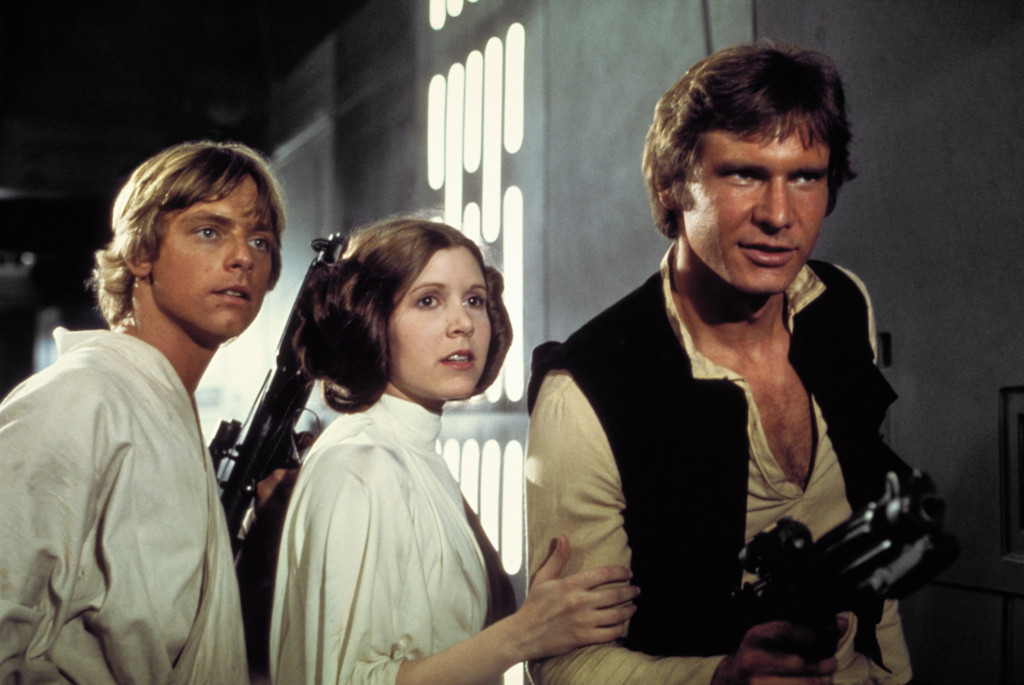
Rather than spend precious time on the motivations and reasoning behind the Empire, Lucas devoted those minutes to the development of Luke, Han, Leia and Obi-Wan, the construction of a lived-in world, introducing the concepts of the Force, and instilling a charming tone. Darth Vader and the Empire are obviously vital elements of the movie, but they’re not the most important. That’s because this is a story of heroes, through-and-through, which extends to the rest of the trilogy. When exploring themes such as self-discovery and hope there’s no need to majorly flesh out your villains. If anything, the Original Trilogy is one big character study of what it takes to be good, and it understands that it’s a lot more difficult to do good than it is to do evil. The question is – how?
First up: Luke!
Luke Skywalker is arguably one of the most complex and compelling protagonists in modern fiction because he represents perseverance, 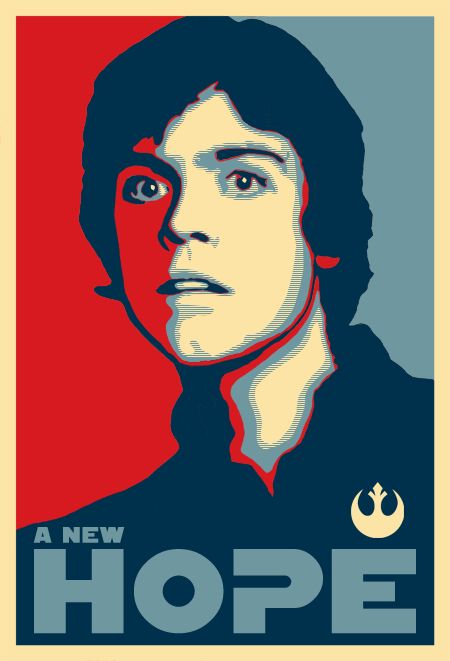 courage and strength. Despite living a sheltered life in the middle of nowhere and growing more and more trapped, he isn’t resentful of Uncle Owen or Aunt Beru. Despite coming home to discover their charred bones and ruined home, he doesn’t become filled with hate and vengeance. He’s rational (if a little reckless), knowing that the Empire need to be stopped but also that he wants to go about it in a relatively sensible way – becoming a Jedi. It’s much, much easier to write a character like Anakin and have him go off the deep end in reaction to something like that, and it does happen. When confronted with his mother’s dead body he flips and slaughters a whole village (including the women and children, of course). As is stated so often in the Saga, hate and anger are the easy routes which lead to the Dark Side; Luke would never do such a thing. The biggest response he gives is shaking his head and looking away. This is a guy who knows self-restraint – I mean, what else has he known his entire life? – and wants to legitimately do good, because to seek revenge by blindly slaughtering Stormtroopers just makes you as bad as them.
courage and strength. Despite living a sheltered life in the middle of nowhere and growing more and more trapped, he isn’t resentful of Uncle Owen or Aunt Beru. Despite coming home to discover their charred bones and ruined home, he doesn’t become filled with hate and vengeance. He’s rational (if a little reckless), knowing that the Empire need to be stopped but also that he wants to go about it in a relatively sensible way – becoming a Jedi. It’s much, much easier to write a character like Anakin and have him go off the deep end in reaction to something like that, and it does happen. When confronted with his mother’s dead body he flips and slaughters a whole village (including the women and children, of course). As is stated so often in the Saga, hate and anger are the easy routes which lead to the Dark Side; Luke would never do such a thing. The biggest response he gives is shaking his head and looking away. This is a guy who knows self-restraint – I mean, what else has he known his entire life? – and wants to legitimately do good, because to seek revenge by blindly slaughtering Stormtroopers just makes you as bad as them.
As we know, Han Solo isn’t exactly the goody-two-shoes that Luke is, which makes sticking to the path of good all the more harder. Indeed, for much of the movie Han sticks to the path of Han – he’s just in it for money and himself, of course. Despite all of this, he comes to aid the Rebellion and helps to destroy the Death Star. When I watched the movie growing up, the reasoning behind his decision was obvious: “he’s a goodie!”. It was only as I grew older and grumpier that I realised characters need to have sensible motivations to accompany action, and it doesn’t make an awful lot of sense for a guy like Han to risk his life for a cause which he isn’t very emotionally invested in. Then I realised that it’s because that was the kind of story which Lucas wanted to tell – one about people who are willing to go the extra mile for the greater good. Obviously Han doesn’t start out like this, and even by the end of A New Hope he’s not quite there yet, but after Leia berates him on the Falcon he realises that he’s involved in something bigger than himself and needs to play his part.
I bet that in your head you’re thinking, “well, that’s easy to do – it doesn’t mean the story has substance.” Quite often we consider acts of goodness easy, but when it comes to actually doing them we refrain. How many times have you told a homeless person you don’t have any change to spare? What about giving a friend a compliment just to make their day? It’s simple things which we ought to do but don’t far too often, and those simple things* make up Star Wars. We’re surrounded by darkness and despair, both on-screen and off-screen; the hope that this movie and its sequels offer is eternal, which is why it’s ludicrous to suggest that A New Hope is lacking in substance at all.
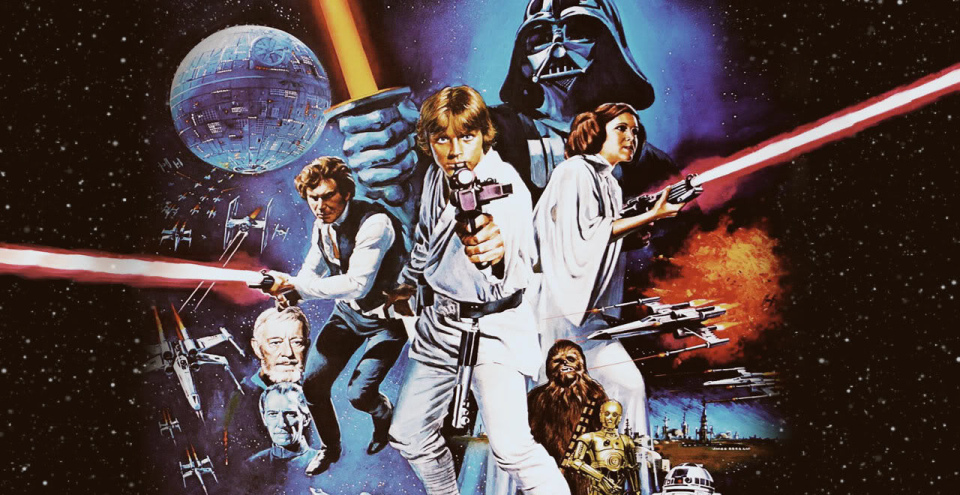
A New Hope works so well because it’s completely and utterly subservient to the ideal of hope, not only for the characters but for us as well. The fact that the Dark Side is represented so plainly (and that it’s called that in the first place) could even be a commentary on how easy it is to be evil in comparison to good. While it’s true that the motivations and logic behind Darth Vader’s actions grow ever more complex as the Saga progresses, and we understand why he turned out that way, it doesn’t stop him from being pretty weak. The same goes for Emperor Palpatine, who is just evil because he enjoys it. Lucas is showing a complete disregard for the study of the psychopaths, because in his mind studying those who choose to be heroes is a hell of a lot more interesting – and I agree. It’s deeply ironic that the Star Wars movie considered to be the simplest because it treats Darth Vader and the Empire as “just evil” is actually one of the most complex.
In that sense, the movie offers hope for us – the audience. We were and have once again become obsessed with villains and antiheroes, believing that they’re always more interesting than the good guys. Ultimately it depends on the strength of the script, but we can’t just disregard such fundamental narrative elements like that, especially when (in a lot of cases) the protagonists can be just as awesome as the antagonists, if not moreso. A New Hope celebrated and revelled in this, kickstarting a new era where this was the norm in Hollywood. Now that we’re living in a very similar time to the 1970’s for film, will The Force Awakens shake up the status quo in the same way?
It may well do, but A New Hope will always remain as the original landmark.


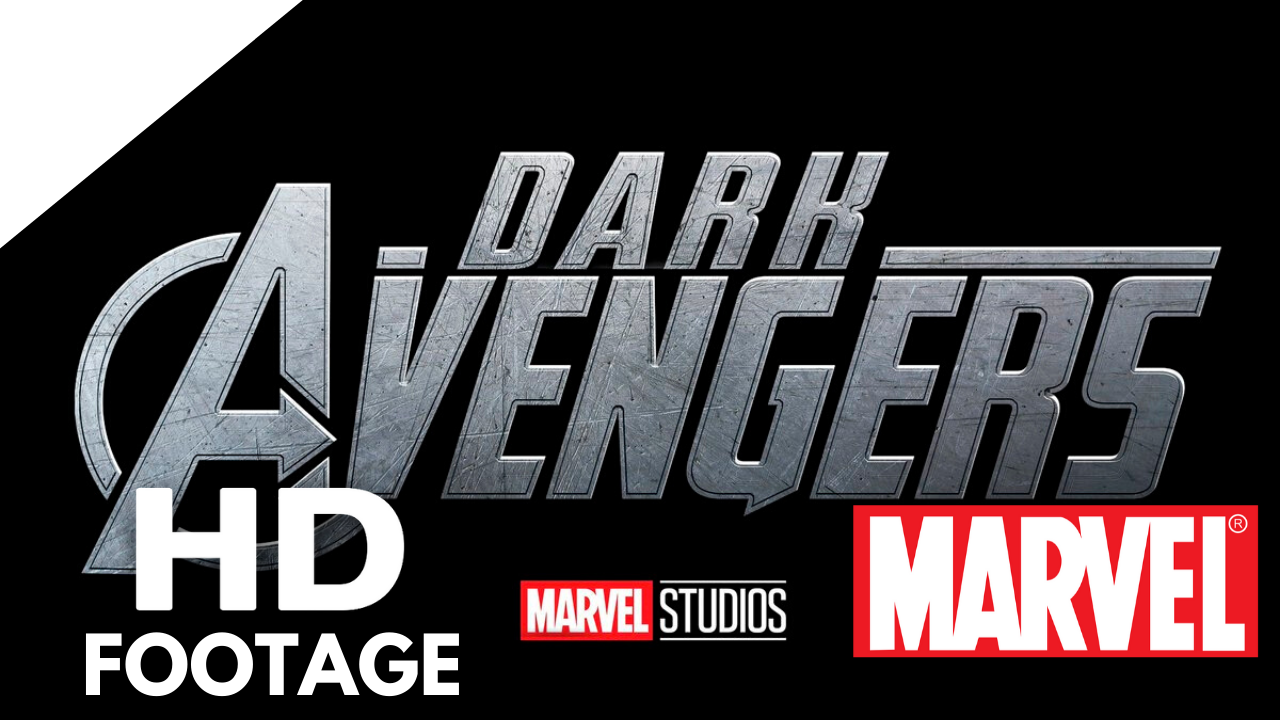
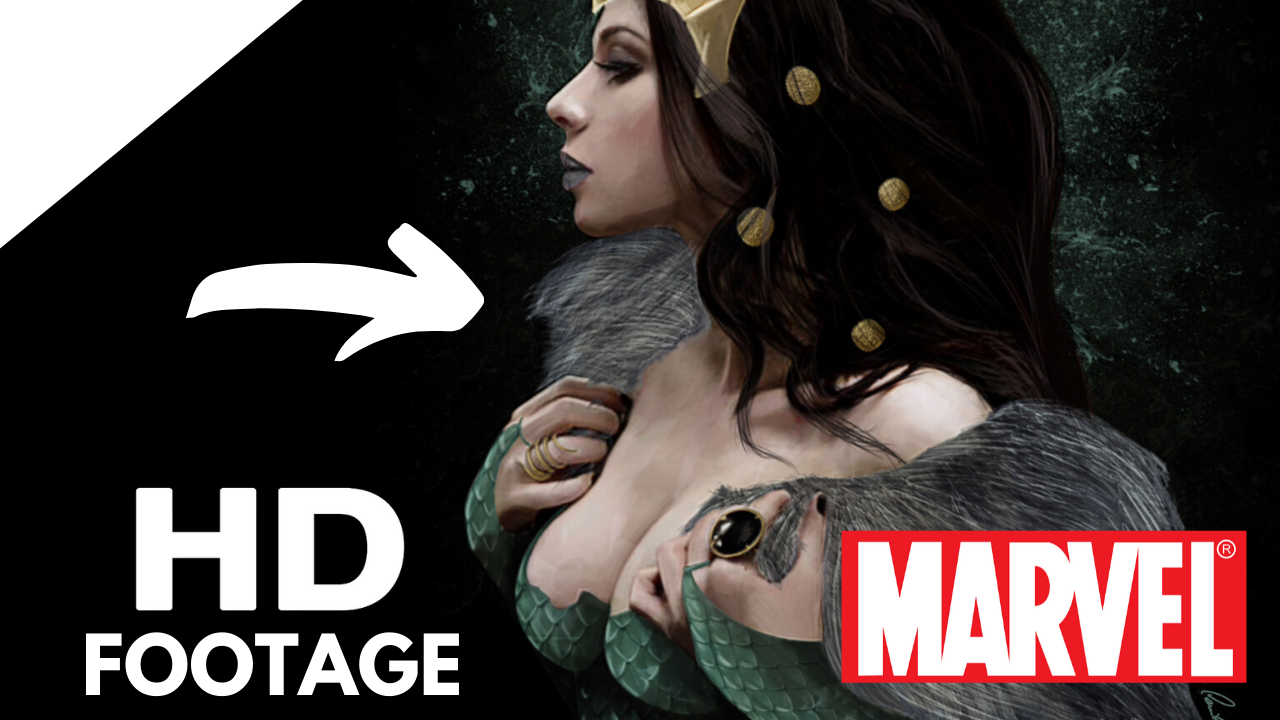
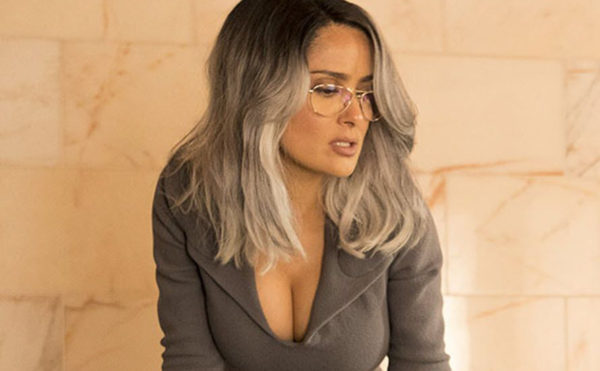
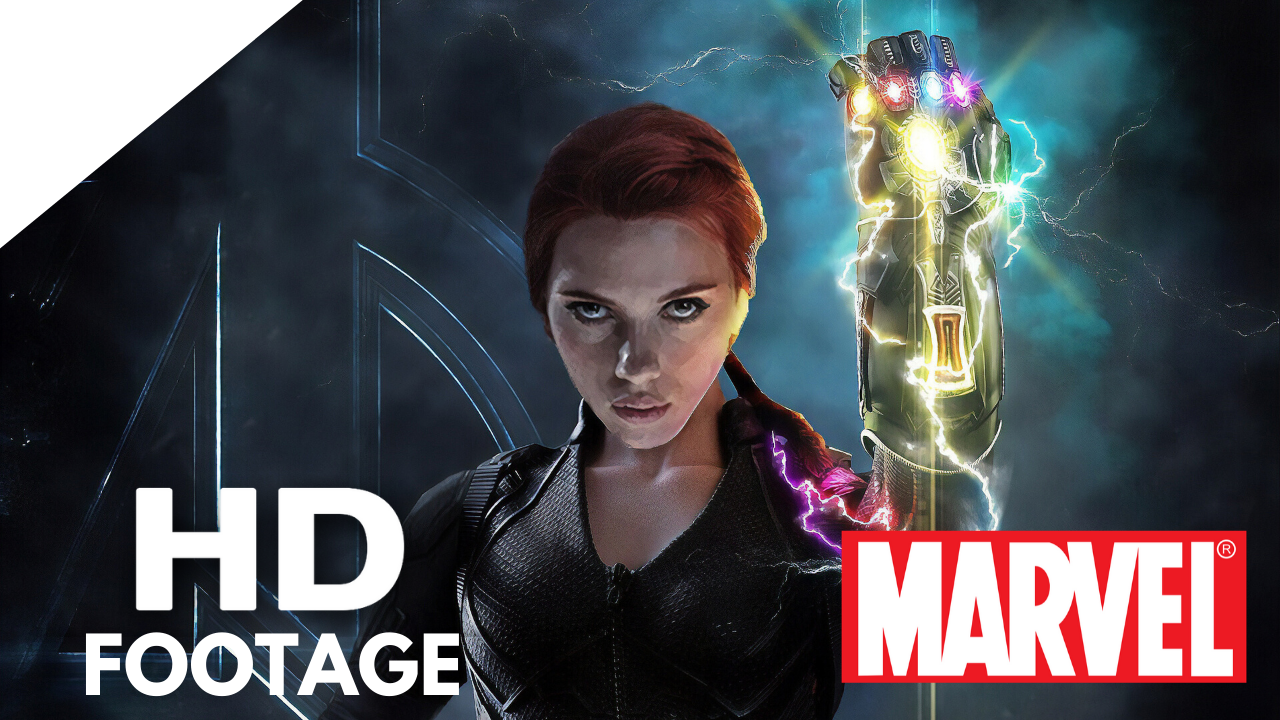
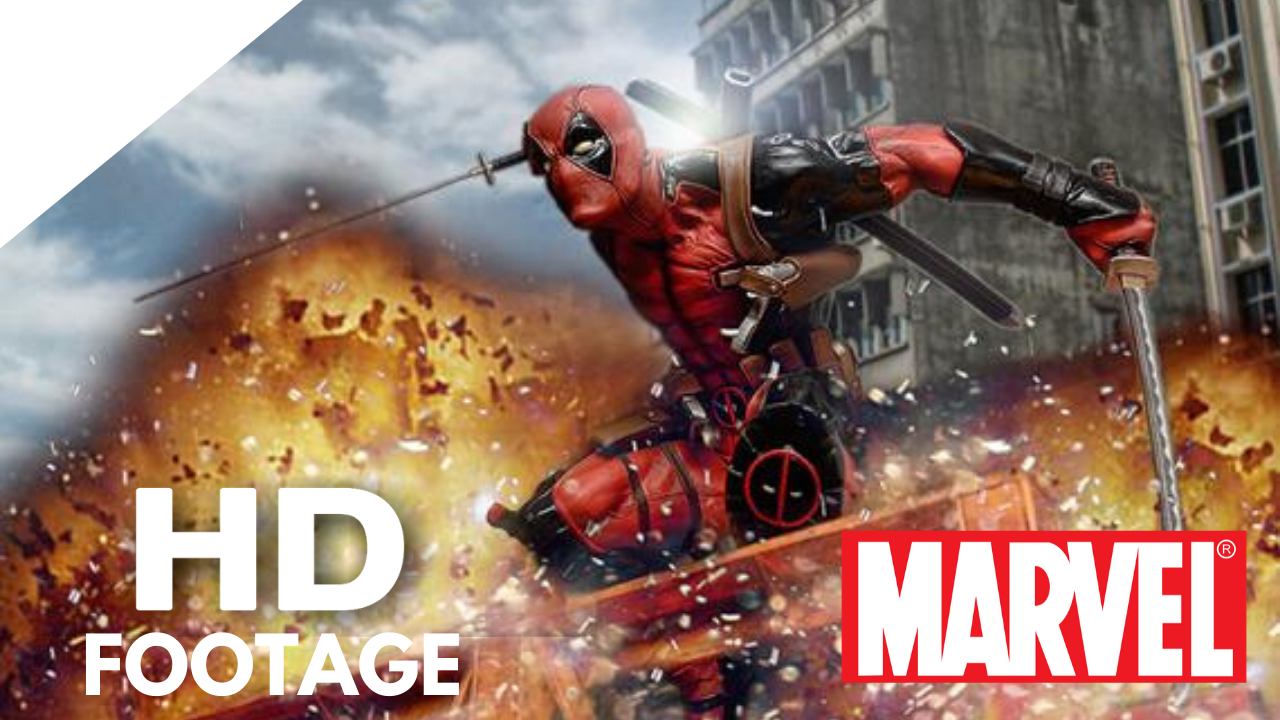
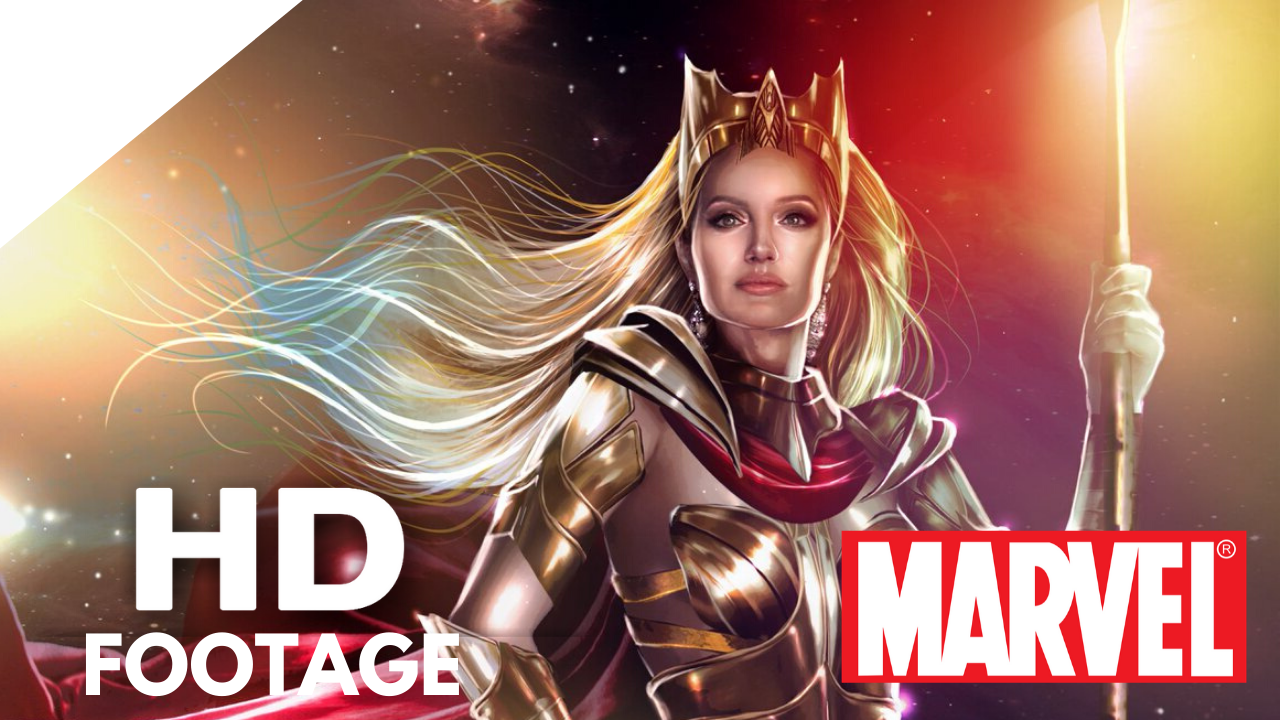
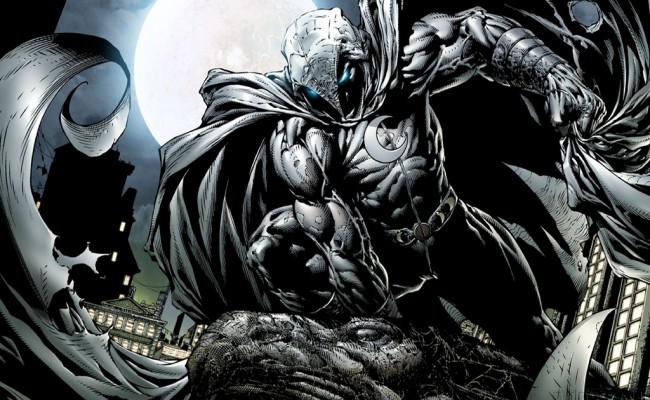
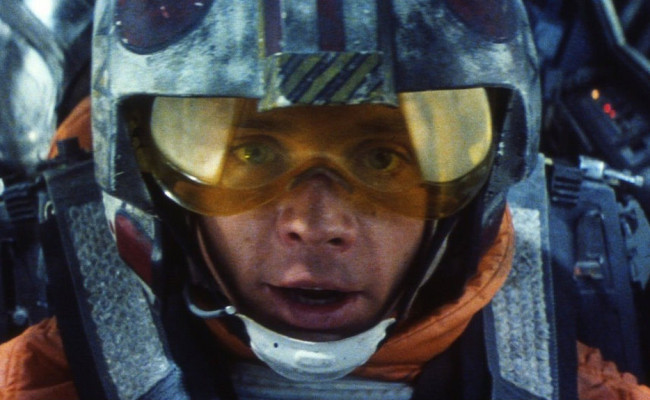
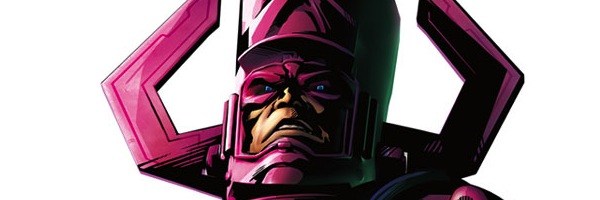
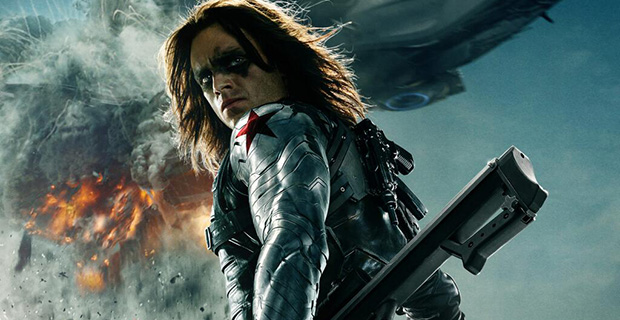
S#!T Talking Central